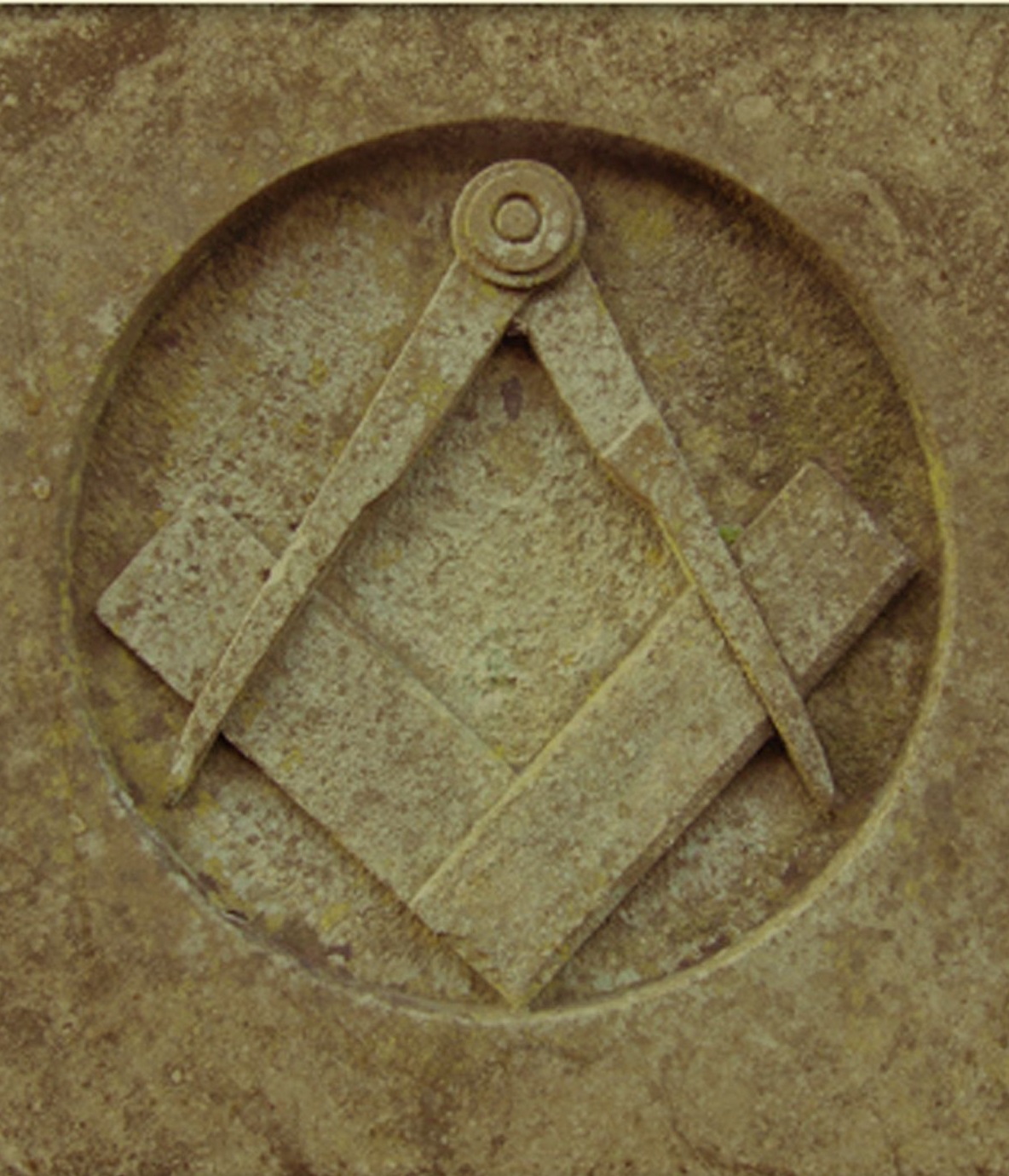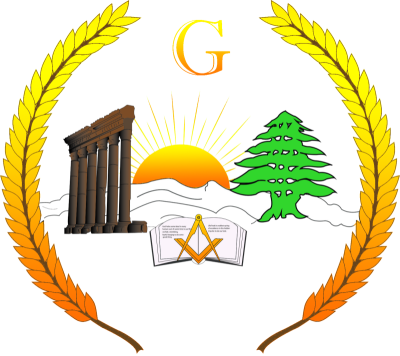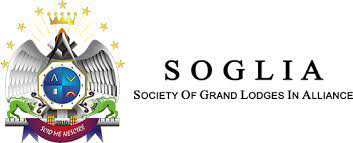The Landmarks of Freemasonry

We’ve all heard about the Landmarks of Freemasonry. Indeed, in the charge at the end of the Degree of Master Mason, we are told that “The Ancient Landmarks of the Order committed to your care, you are carefully to preserve and never suffer them to be infringed, or countenance a deviation from the established usages and customs of the Fraternity.”
So what are Landmarks and why are they important?
They are said to be the foundation on which Freemasonry stands; having existed since time immemorial. In other words, they are the core beliefs that define us and cannot be altered, repealed, or removed without doing major damage to the Fraternity.
Landmarks are supposed to be principles on which all Masons would agree. Unfortunately, Masons and Grand Lodges have not unanimously agreed which items should be included on the list of things that are “universal, and cannot be altered, repealed, or removed.
However, there have been a number of lists of Masonic Landmarks. One of the most well-known was prepared by a famous Masonic author Albert Mackey in 1858. And it is instructive to hear what he includes on his list of the 25 fundamental principles or Landmarks of Freemasonry.
Our Grand Lodge, the Grand Orient of Lebanon has officially adopted this list of Landmarks
Landmarks of Freemasonry
- The Modes of recognition.
- The division of Symbolic Masonry into three degrees.
- The legend of the third degree.
- The government of the fraternity by a presiding officer called a Grand Master, who is elected from the body of tile craft.
- The prerogative of the Grand Master to preside over every assembly of the craft, wheresoever and whensoever held.
- The prerogative of the Grand Master to grant dispensations for conferring degrees at irregular times.
- The prerogative of the Grand Master to grant dispensation for opening and holding lodges.
- The prerogative of the Grand Master to make Masons on sight.
- The necessity of Masons to congregate in lodges.
- The government of every lodge by a Master and two Wardens.
- The necessity that every lodge, when duly congregated, should be tyled.
- The right of every Mason to be represented in all general meetings of the craft and to instruct his representatives.
- The right of every Mason to appeal from the decision of his brethren in lodge convened, to the Grand Lodge or General Assembly of Masons.
- The right of every Mason to visit and sit in every regular lodge.
- That no visitor, not known to some brother present as a Mason, can enter a lodge without undergoing an examination.
- That no lodge can interfere in the business or labor of another lodge.
- That every Freemason is amendable to the laws and regulations of the Masonic Jurisdiction in which he resides.
- That every candidate for initiation must be a man, free born and of lawful age.
- That every Mason must believe in the existence of God as the Grand Architect of the Universe.
- That every Mason must believe in a resurrection to a future life.
- That a book of the law of God must constitute an indispensable part of the furniture of every lodge.
- That all men, in the sight of God, are equal and meet in the lodge on one common level.
- That Freemasonry is a secret society in possession of secrets that cannot be divulged.
- That Freemasonry consists of a speculative science founded on an operative art.
- That the landmarks of Masonry can never be changed. These constitute the landmarks, or as they have sometimes been called, "the body of Masonry," in which it is not in the power of man or a body of men to make the least innovation.





